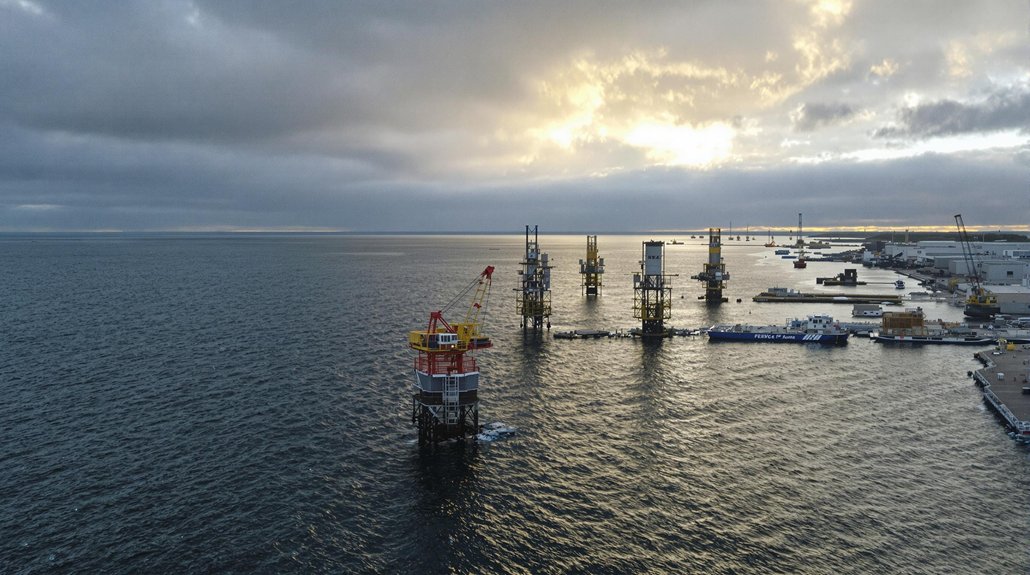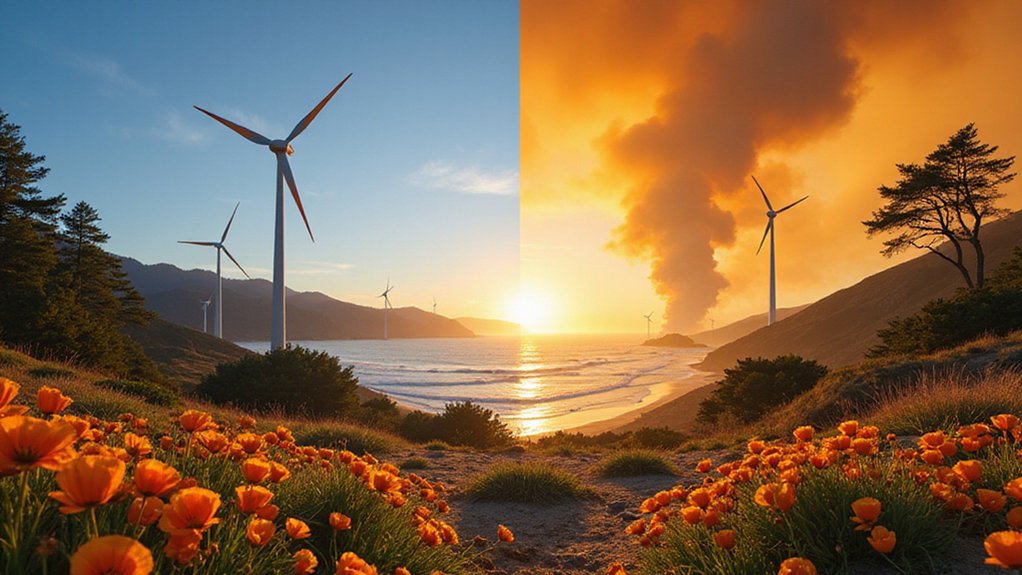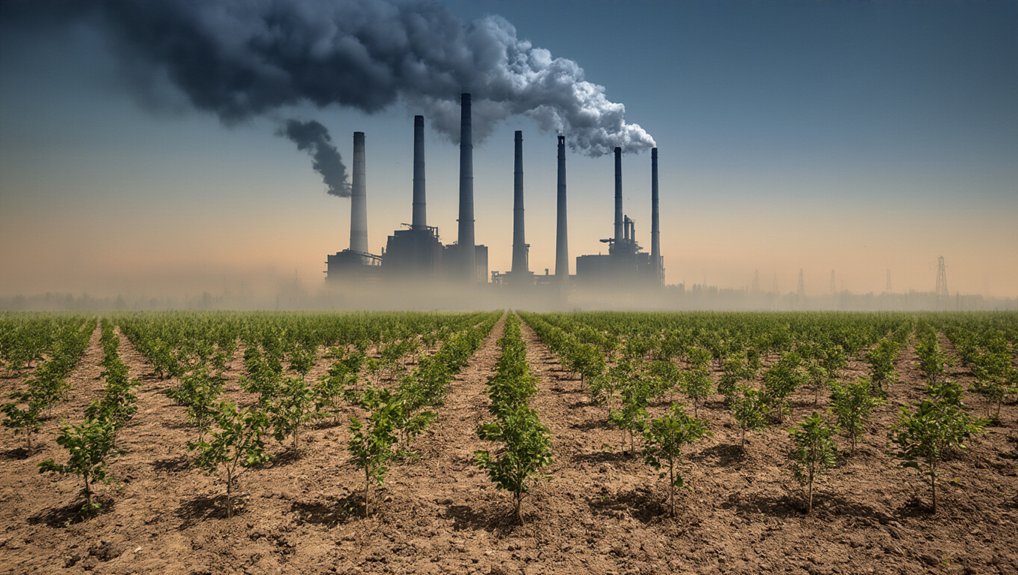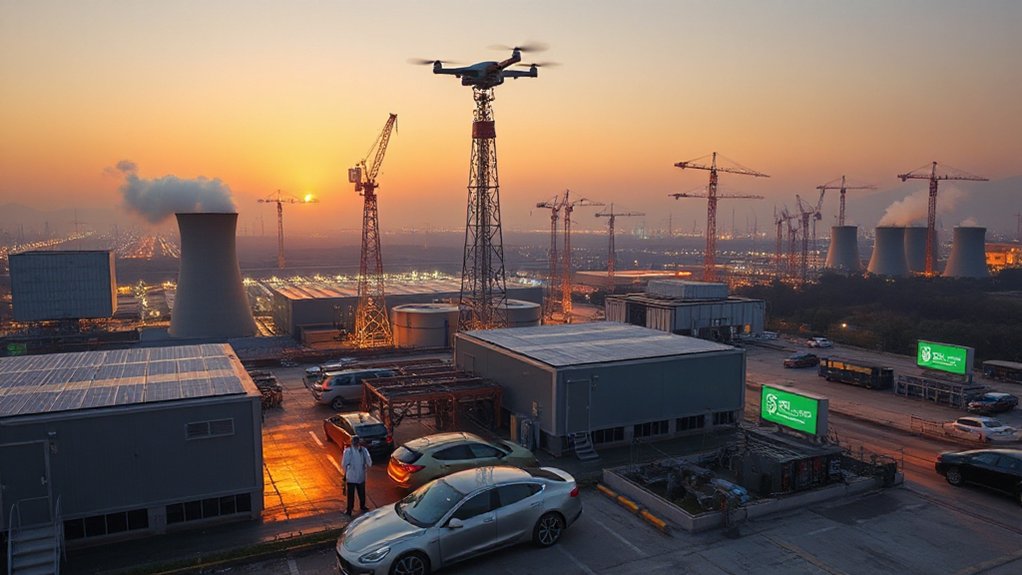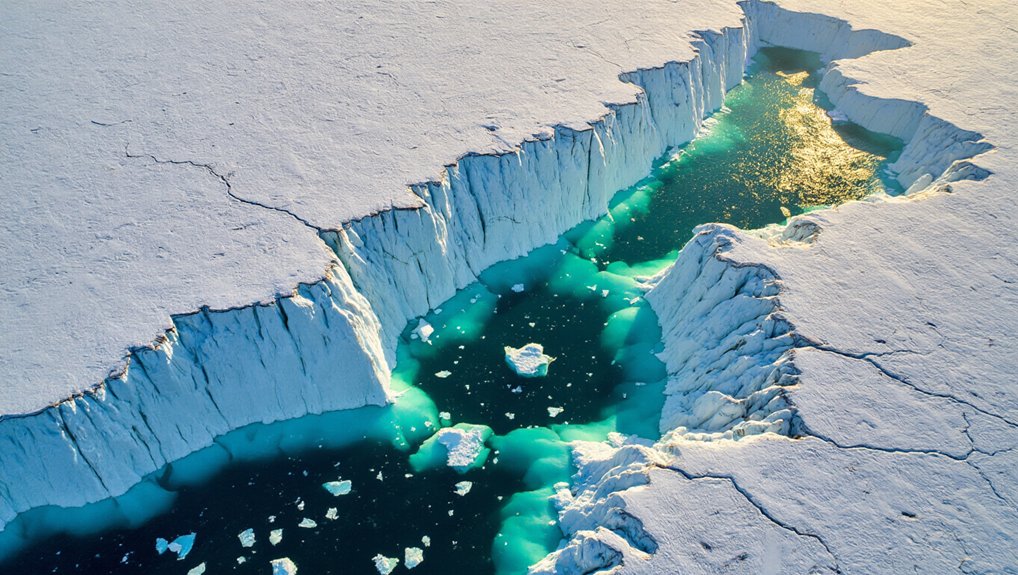The United States is actively blocking global efforts to limit plastic production, throwing its diplomatic weight behind a coalition of oil-rich nations including Saudi Arabia, Russia, Iran, and China.
Behind closed doors, American diplomats have been urging countries to reject restrictions on plastic production and chemical additives. Great company we’re keeping, right?
UN treaty negotiations have hit a wall. Nearly 100 countries support production caps, but the US and its fossil fuel buddies won’t budge.
The latest draft treaty? Gutted. No production limits. No chemical controls. Just vague promises about better recycling. Like that’s worked so well before.
The stakes couldn’t be higher. Plastic currently accounts for about 5% of global greenhouse gas emissions. Without production limits, the OECD says global plastic use will nearly triple by 2060. Think about that. Triple.
Plastic: 5% of emissions today, set to triple by 2060 without production caps. Climate catastrophe in the making.
For the petrochemical industry, plastic is their lifeline – “Plan B” as fossil fuels lose ground in energy markets. They’ve sent armies of lobbyists to treaty talks, outnumbering some entire national delegations.
Their message is clear: hands off our plastic profits.
The U.S. delegation has proposed removing references to the full life cycle of plastics from the treaty, effectively undermining the original U.N. mandate.
The US hasn’t made explicit threats, but they’re not exactly being subtle. Their diplomatic cables and backroom conversations all push the same agenda – focus on waste management, not production cuts.
It’s like trying to solve a flooding problem by buying more mops instead of turning off the faucet.
The treaty process is now gridlocked between two camps: those who want meaningful limits on production and those who just want to talk about better trash collection.
Without controls on how much plastic gets made, emissions will more than double by 2050.
A shocking statistic reveals that only 9% of plastic is recycled globally, with the vast majority ending up in landfills or polluting our oceans.
Time’s running out. The final rounds of negotiations are approaching with no clear path forward.
What’s at stake isn’t just plastic pollution but also climate goals. With friends like the US and oil giants, who needs environmental enemies?
References
- https://www.climatechangenews.com/2025/08/08/as-us-joins-oil-states-in-blocking-production-cuts-un-plastics-treaty-talks-remain-deadlocked/
- https://www.eenews.net/articles/us-other-fossil-fuel-producers-try-to-weaken-plastics-treaty/
- https://www.plasticpollutioncoalition.org/blog/2025/8/8/u-s-backs-polluters-over-people-at-un-plastics-treaty-talks
- https://healthpolicy-watch.news/fossil-fuel-lobbyists-swarm-last-chance-un-plastics-treaty-talks/
- https://wtop.com/world/2025/08/new-draft-of-plastic-pollution-treaty-would-not-limit-plastic-production/

